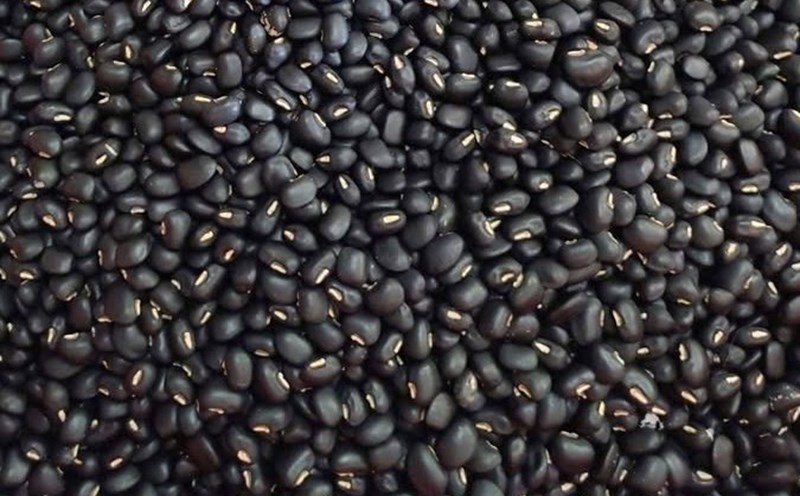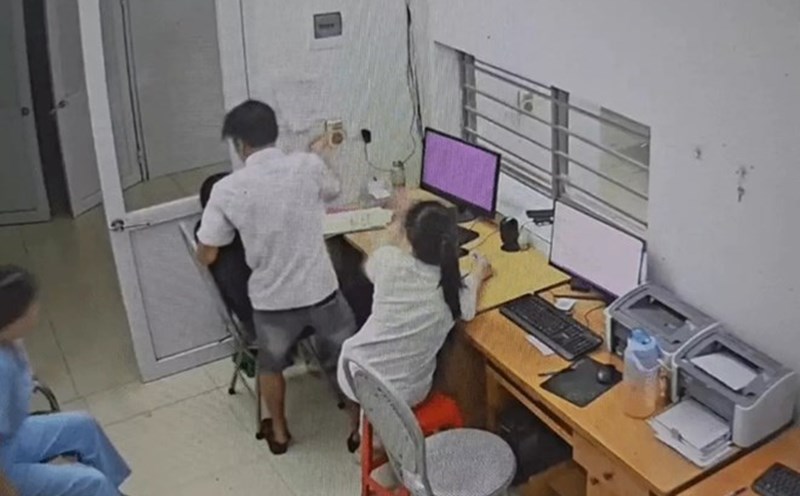However, clinical research shows that a specific drink consumed regularly after breakfast can play a supporting role when combined with a healthy lifestyle.
Of which, the drink containing a lot of catechin from green tea is the candidate with the most evidence.
randomized control studies in humans showed that consuming catechin-rich drinks for 8-12 weeks led to a decrease in visceral fat and reduced belly vong compared to the control group.
A large trial using catechin supplements (≈609 mg catechin/day) for 12 weeks recorded a significant reduction in visceral fat.
Why is green tea effective in reducing visceral fat?
Accordingly, the proposed mechanism includes: stimulating fat breakdown (lipolysis), increasing energy expenditure (thermogenesis), improving glucose and lipid metabolism, and reducing chronic inflammation, factors that contribute to reducing visceral fat reserves.
Synthetic analysis also shows the small but meaningful benefits of green tea extract for weight, body fat percentage, and some metabolic fat indicators.
1 cup of matcha or a green tea drink rich in standardized catechins (or matcha powder 1 tablespoon mixed with warm water).
Drink about 30-60 minutes after breakfast (to take advantage of the combination with main meals and not cause stomach discomfort).
The impact of green tea on visceral fat is most obvious when combined with a diet limited in calories, high in fiber, resistant aerobics and adequate sleep.
An optimal nutritional program can bring more visceral fat loss than just adding a single drink.
Green tea contains caffeine, so people who are sensitive, pregnant, breastfeeding, or taking anticoagulants, interactive drugs should consult a doctor before taking high doses or supplementing extracts.
Green tea or catechin is a valid choice if you want to add a dish after breakfast to support visceral fat loss, but the effectiveness appears gradually, depending on the dosage and time of use, and is only effective when combined with nutritional changes, exercise and sleep on time.











